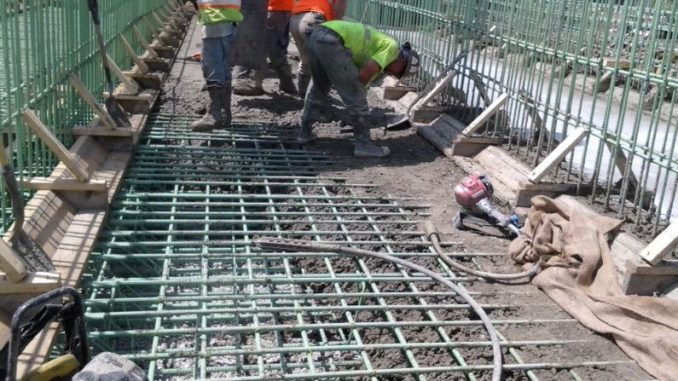
Last week was one of those weeks. A constant flow of work. I think I pumped out 11 design reviews, 9 Skype calls, it was a week full of problem solving.
And you know what: I love it!
The challenge of applying all the knowledge that has been stuffed into the ever-aging brain of mine makes for a final exam every day. The ability to solve problems on a daily basis is what made all of us get into engineering in the first place.
Engineers solve problems. And we do it because we enjoy it.
But solving problems takes time. Time to think. Time to sit and stare. Time to look at options, to play scenarios, to look at the big picture.
Your experience comes from the miles you’ve traveled. From the problems you’ve solved. From the problems you’ve seen others solve. From the unique solutions, the equipment configurations, the material adaptations you’ve seen others implement.
Sometimes we get a chance to share our knowledge & experience with someone to help them solve a problem.
It takes time. You don’t learn this profession overnight.
Just like the trades. Just like the arts: Engineering is a craft.
I get troubled when people fail to see this. When people don’t understand the investment of time that it takes to become good at this craft we call engineering.
It takes time. And practice. And it takes years. Decades.
It takes experience. It takes being stuck in a mud bog over and over to understand what it took to get in it and what it takes to get out of it. You have to know what it feels like to have your boot stuck in a quagmire to know what it takes to get it unstuck.
Critical Thinking
I spend a little time at a couple of engineering board sites, just to throw a couple of coins in the fountains now and again. Staying plugged-in on engineering Q&A sites keeps me tied into the pulse of things. Boards are a great place to share information, post questions or exchange ideas.
But a three sentence post with a neat picture doesn’t always provide a complete answer. Headlines are just starting points. You can’t Google an engineering solution. I fear that the ease at which the Internet can provide information puts less of a demand on the critical thinking that it takes to be a professional engineer.
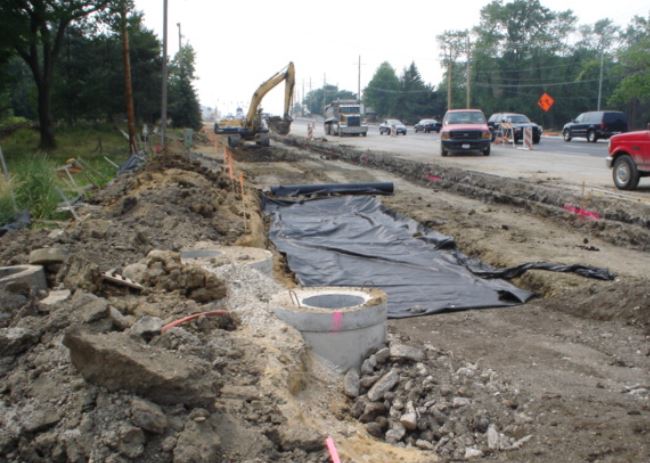
I have always related what I do as a construction / civil engineer as a craft. There is never a plateau where I’ve felt “Yes, I’ve made it. I’m done. I’ve climbed the mountain, and now I can coast.”
Nope. Engineering is Professional Problem Solving. How good of a problem-solver am I?
Problems take time to solve. They take critical thinking. They take the mind to work, and frame, and analyze. A problem sometimes needs time & distance. It needs to be viewed from different angles, maybe at different times of the day, or under different loads, or in different weather conditions. Sometimes, you have to walk away from a problem and come back to it with a fresh cup of coffee and some new perspective.
Problems are like a block of rock to a sculptor. To be a master sculptor, you need to sculpt for decades. You need to see the rock crack. You need to figure out how to modify the mistake that you see and reshape it so that it works with the entire piece. You need to develop the wherewithal to understand how to get from a piece of raw materials to a finished product. And that doesn’t happen overnight.
Why I’m Frustrated
The beauty of engineering is that we are taught the basics of critical thinking. We learn how to solve problems. To challenge our inputs & information sources. We learn to understand the cadence of how a solution is developed.
You can’t fake that. You can’t pretend that you know the answer. A search bar doesn’t provide the same depth of understanding that is gained by using a pencil, paper, calculator and a design manual to get the same answer. Running a problem through its paces does more for you than letting Google do the hard work for you.
I get frustrated by people calling themselves “Coach” or “Thought Leader” or “Influencer.”
How much real-world experience do you have to take on a title like that? How reliable is the information you are providing? How much dirt do you have under your fingernails in the focus area you are providing information on?
Vetting informational sources is so crucial these days, especially with the volume of information that keeps coming at us constantly from sources that, sometimes, we have never heard of before.
Do you take the time to vet out the sources of information you rely on? How much do you trust the answers you get? Do you really understand the algorithm that brought you the answer to your question?
Understanding the Need for Experience
I appreciate our youth. I appreciate enthusiasm. The excitement that I feel when I see young engineers in the field Getting After It is infectious.
Young engineers understand technology. They have grown up with it. There is great power in being able to harness what technology has to offer, especially at the speed at which it keeps coming at us.
But learning to understand when to use an app versus when to use the traditional tools of the trade takes time. And experience. It takes making mistakes. It takes flipping the pencil upside down and using the eraser once in a while. It takes understanding the validity of the answer and whether or not it makes sense.
To be a good construction engineer requires time. Seasoning. Curing. It requires effort. It requires dedication & commitment to the craft.
It takes decades being immersed in the industry. Not years, but decades.
It takes walking hundreds of miles of subgrade to understand what good soil looks like. To know what it feels like under your boots, or under a loaded semi-trailer. To know what the static cone penetrometer feels like when it’s going through wet silty clay.
It takes watching dozens of piles being driven to understand what it takes to get a pile to bearing. You need to see the ground shake. You need to hear the hammer changing sounds and cadence. You need to be around a crew of carpenters who, by them working and you watching, show you how it’s done.
It takes being with the drilled shaft crew. You can’t just swing by the site and show your face to your crew and then claim to know what is going on – You need to spend the hours actually standing there with the drillers, watching the machine behave & react, feeling the auger tailings in your hands. It takes seeing groundwater in a hole and understanding the challenges that it presents.
You have to immerse yourself in your craft.
Bridge decks. Concrete pavement pours. Laying asphalt. And storm sewer. And pavement markings.
It all takes an investment of time to experience. It takes problems that get worked out. It takes talking to and watching skilled tradesmen and women work their craft. It takes standing and watching machines work. It takes sitting through job meetings, hashing out nuances and administrative details. It takes working on good crews, not-so-good crews, being around crews that work seamlessly, and being around crews that don’t.
It all takes time.
I Worry
I worry about our profession. I worry about the effect that the Internet is having on engineers. I worry that the beauty that is found in searching for an answer and solving a problem are being replaced by the ever-increasing speed and efficiency that a search bar has to offer. I worry that people are losing their desire to read an article that takes more than three minutes to consume….I wonder how many people have made it this far in this article…???!!
Everyone wants to read a headline. Watch YouTube clip. Scroll through four sentence blurbs on Instagram. Then then move on to the next thing, even though you haven’t learned anything in their past 20 minutes of swiping.
Am I just a dying breed? Am I wasting my time, throwing wood on my personal fire every morning by starting my day feeding my mind?
An article. Some engineering or construction-related news. A manual. A checklist. Like today, I read a couple of technical specifications. And even for me, with 30+ years of experience, that’s simply not enough for me to keep my skillset current! I need to train more than I do, and I’m dedicated to training! What are people who aren’t training regularly doing? How do they keep up?
Does anyone read long-form articles anymore? Does anyone crack open design guides? Or manuals? Or textbooks? Or does everyone get their answers from a forum or a Q&A board without taking the time to look up the answer themselves?
My answer-I’m comfortable in my skin. I don’t feel the need to be the most efficient tool in the toolbox – If my blades are sharp enough to cut the wood, my saw will do me just fine. I’ll continue to read. To research. To climb through the piles of books & manuals & pdf’s that I have.
The beauty of the work is doing the work itself. That’s how I’m built. That’s what I believe. And I hope that I’m not alone in my dedication to training and continuous self-improvement in our craft….
Close-Out – Your After Actions
If you are in construction, there are so many areas of focus that cross your steering wheel or your laptop everyday that it can be easy to miss a detail. It’s a challenge to us all. There is always time to do more research.
Here’s my challenge to you: Find vetted sources.
Then use them.
Read. Scour. Dig.
Chart a course for yourself. Set-up areas of focus that you want to learn about. Or refresh what you already know.
Find credible sources. Read their work. Their articles. Not just the headlines. Do some critical thinking. And once you find a source, keep it. Save it. Put it somewhere like you would put a book on your bookshelf.
Then, on a regular basis glance at the titles. The authors. The subjects. Do it with a level of frequency. Let those sources become your go-to’s when you are stuck in the mud. Don’t rely on the Google search bar to do your homework. Use that beautiful tool that God gave you between your ears.
I know I’m old and getting crusty. But the tools that have served engineers for decades, if not centuries, have all manifested themselves from curiosity and the willingness to learn. Do the professionals who came before us, who charted a course for us to work in this industry & profession the honor & duty of being the best engineers you can be.
Dedicate yourself to your craft. Every day.

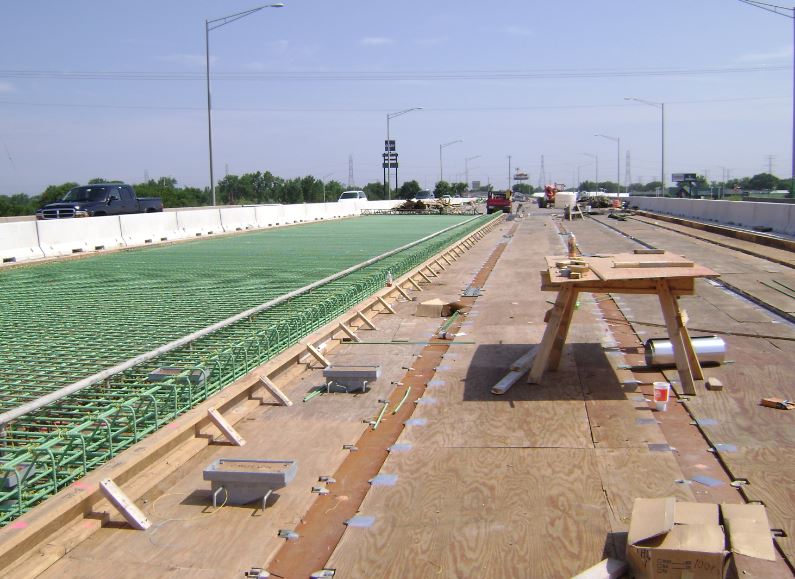
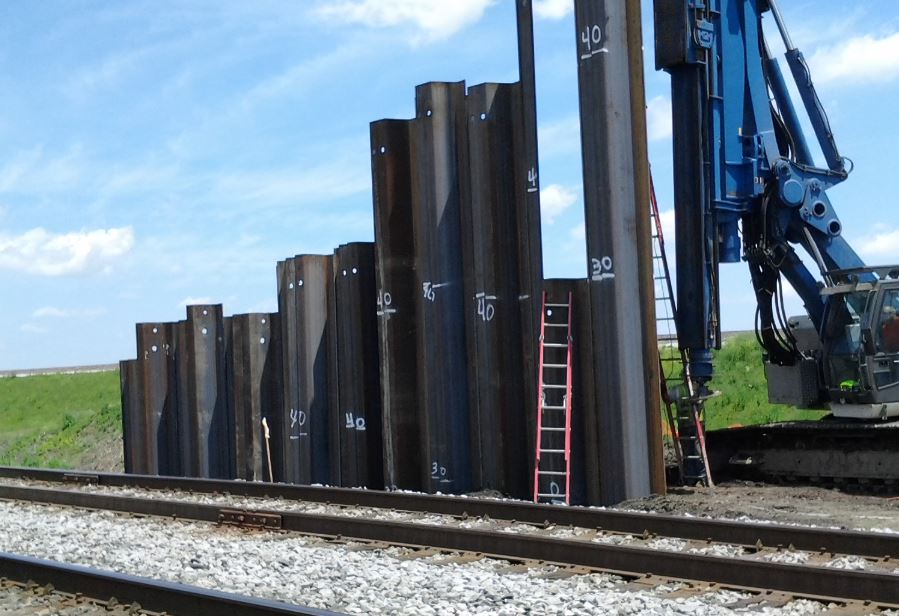
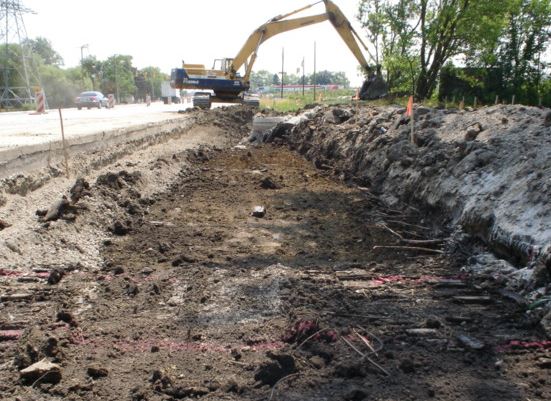
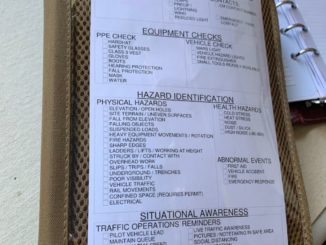
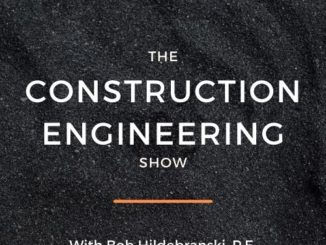
Your articles are really good
Thank You, Vourty! Cheers!!